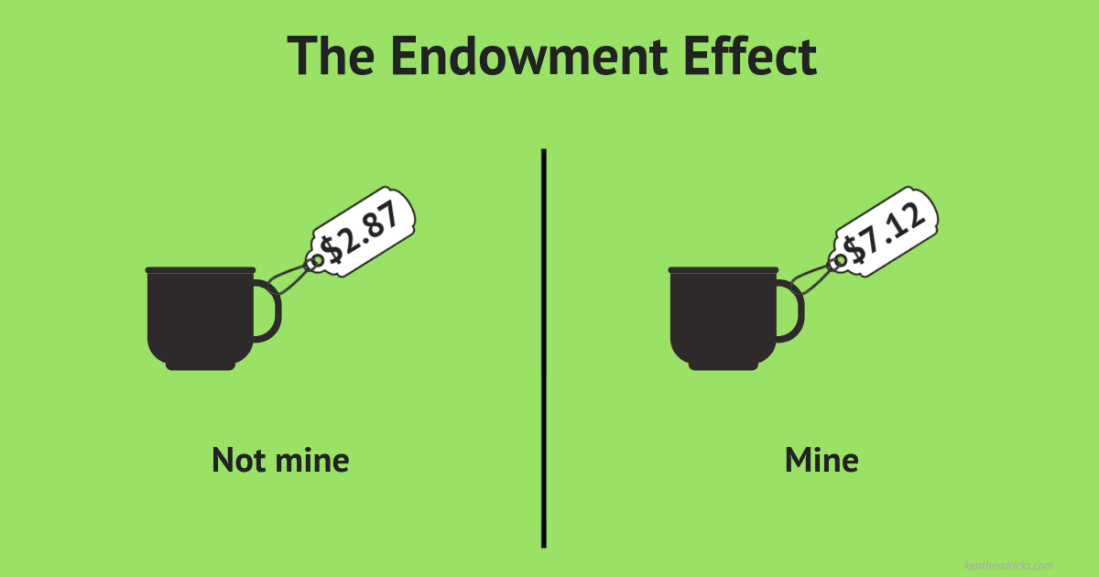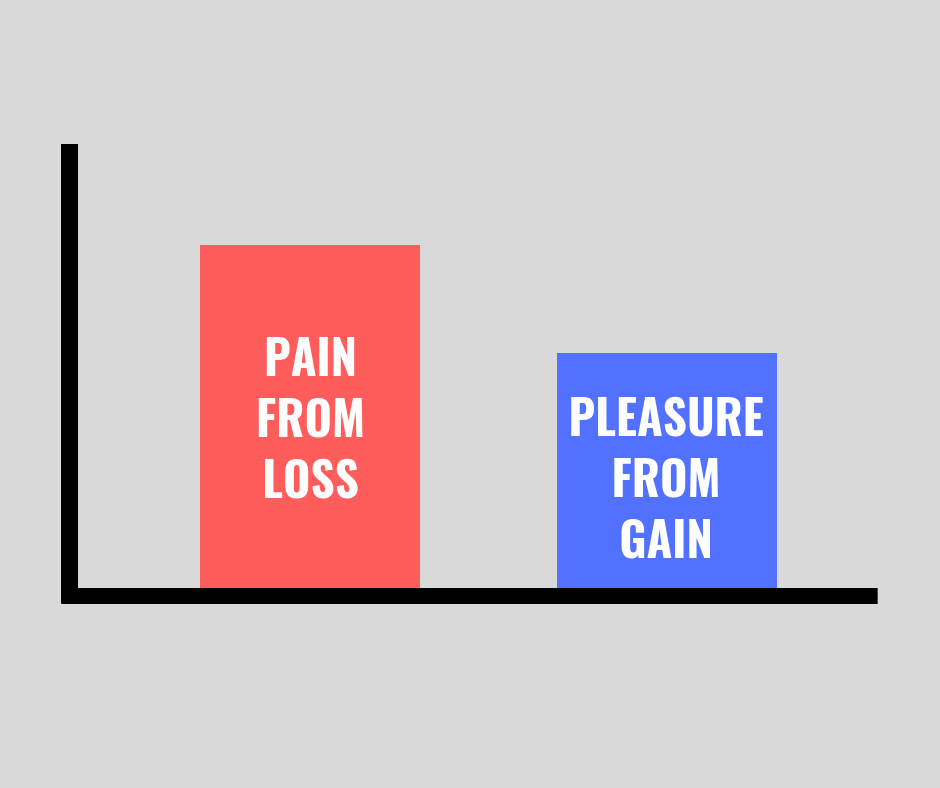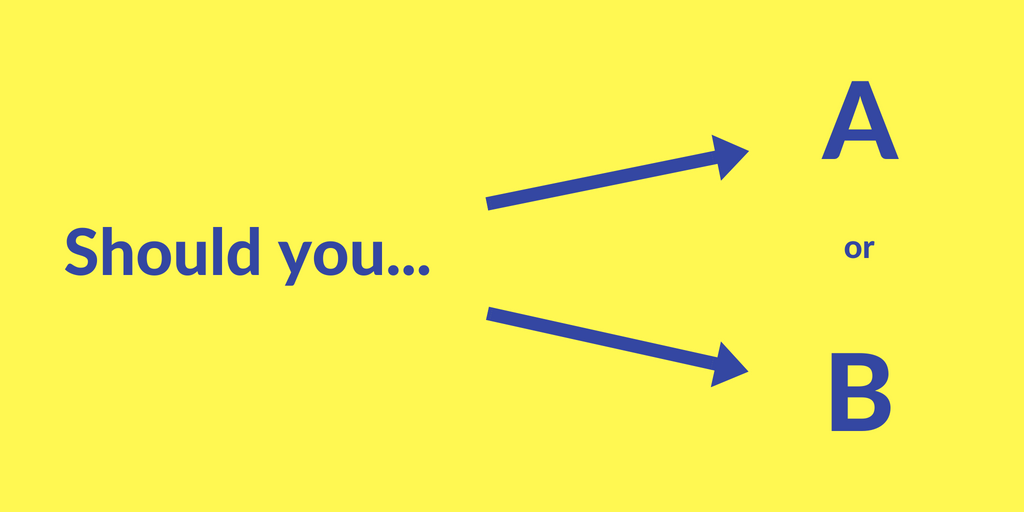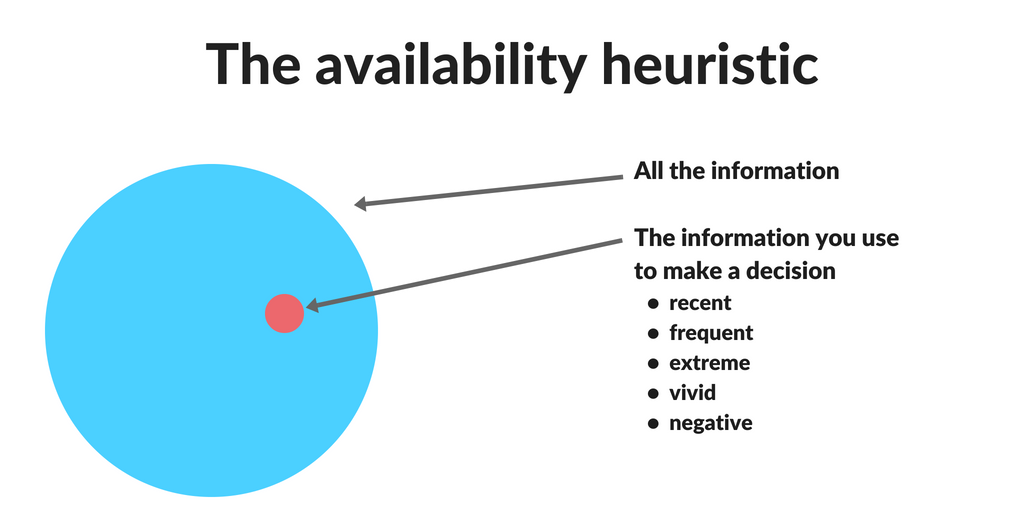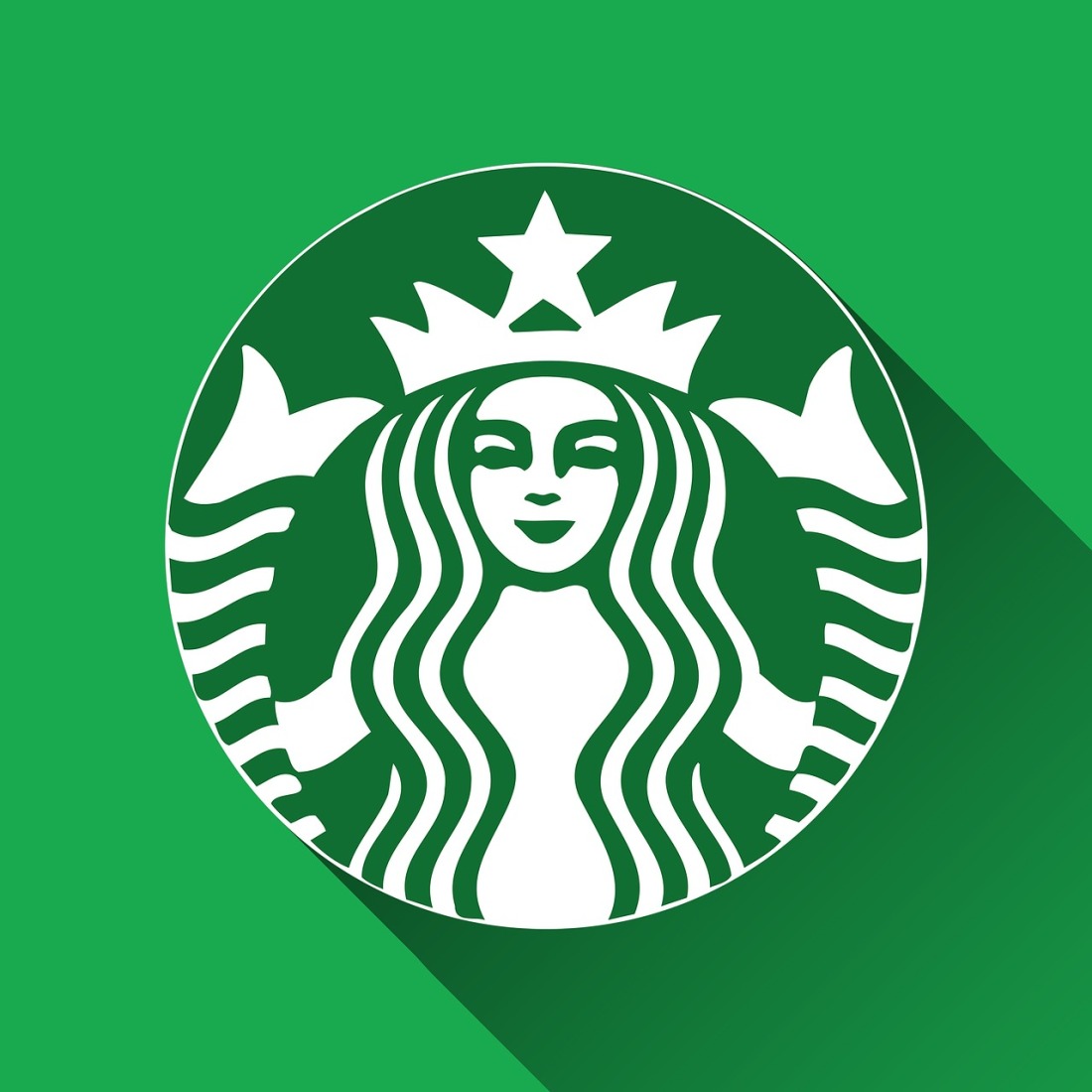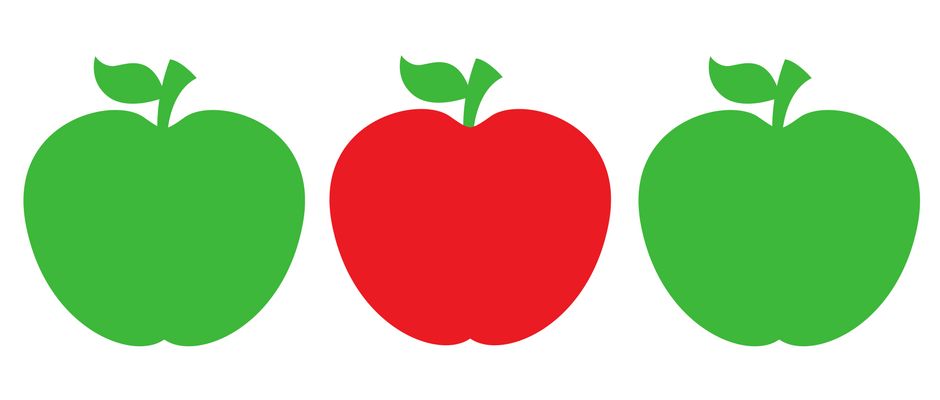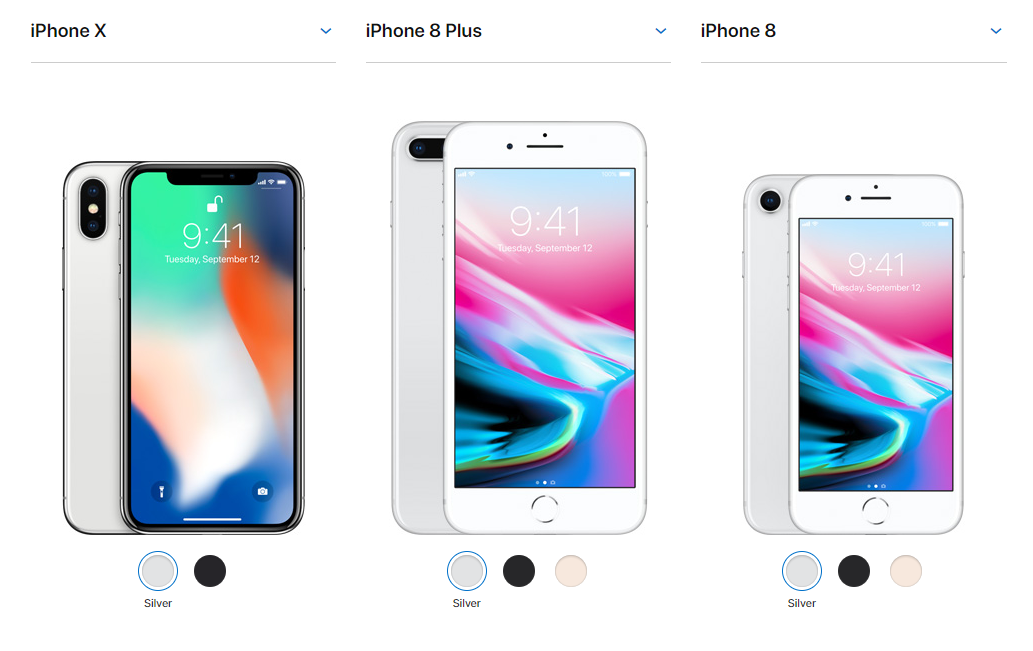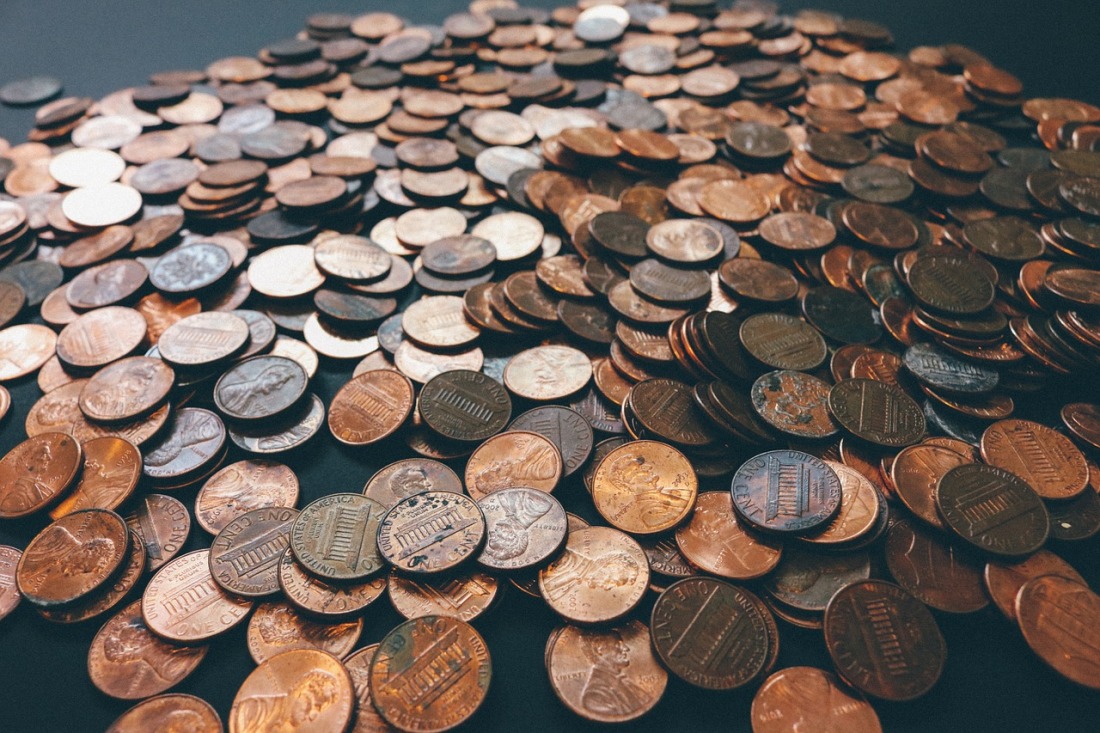You feel attached to things you own. And sometimes that can cause big problems (and cost you big time). If you’ve ever sold a house, you’ve probably entered into a negotiation with the seller. Your asking price is more than they’re willing to pay. You want to realize the biggest gain from the sale. Who … Continue reading The Endowment Effect: Why ownership makes you overvalue your things
What causes loss aversion?
In my first week of my first marketing job, my boss told me something I’ll never forget: There is one thing that motivates people more than anything else: the fear of loss. He’s right. People go to great lengths to avoid a loss. In ten years of working in marketing, I have found that appealing … Continue reading What causes loss aversion?
Prospect theory: How you make decisions when you don’t know the outcome
Every day you make decisions. Sometimes you can predict the outcome. Sometimes not. Sometimes your decisions are binary—this or that—both with positive outcomes. You’re choosing between two wins. Other times, you need to decide to take action--or do nothing. Even the decision not to decide is still a decision. Other decisions are complicated. Like this: … Continue reading Prospect theory: How you make decisions when you don’t know the outcome
The availability heuristic: Why your brain confuses “easy” with “true”
It's spring break, and all your friends traveled somewhere warm. And they're all posting pictures on Facebook. Your life sucks. ...Only to an extent. What you won’t see is that most of your friends are stuck in Michigan, just like you are. They’re just not posting pictures of themselves on Facebook. You get the wrong … Continue reading The availability heuristic: Why your brain confuses “easy” with “true”
Hindsight bias
Hindsight bias reflects your tendency to view the outcome of an event as inevitable. It’s your belief you could have accurately predicted an outcome after knowing what the outcome is. A few years ago I had the worst night of camping of my life. We arrived at Lopez Island, off the coast of Washington state, … Continue reading Hindsight bias
6 psychological tactics behind the Starbucks menu
The menu at Starbucks is designed with one thing in mind: to make you feel better about buying coffee at Starbucks. And it doesn’t hurt if it gets you to spend a little more—while making you feel like you spend less. There are lots of ways Starbucks gets you to do this. Among the more … Continue reading 6 psychological tactics behind the Starbucks menu
The center stage effect: this is why you choose the product in the middle (even if it’s bad)
The center stage effect describes your tendency to choose options in the middle of a choice set. In some cases, these choices are low-risk: which route you drive to work, which pen you pull from the drawer. The center stage effect also influences which products you buy, which students you call on in class, or … Continue reading The center stage effect: this is why you choose the product in the middle (even if it’s bad)
The decoy effect: Why you make irrational choices every day (without even knowing it)
The decoy effect describes what happens when, while choosing between two items, a third item is introduced that causes you to switch your preference between the first two items. A few weeks ago, I was at a clothing store trying to decide between two shirts. I liked the way one shirt fit, but I liked … Continue reading The decoy effect: Why you make irrational choices every day (without even knowing it)
Why you spend more when prices end in .99
I once worked at a company that priced everything with a .95 ending. The bestselling software package was $999.95. Add-on products were $9.95, or $19.95, or $49.95. Everything ended with a .95. It had been this way for more than twenty years. One day, one of the VPs suggested we change all prices to end … Continue reading Why you spend more when prices end in .99
Jeff Bezos on the 4 differences between “Day 1” companies and “Day 2” companies
In his recent letter to shareholders, Jeff Bezos explains how he plans to keep Amazon a “Day 1” company. A “Day 1” company is defined by vitality. But a “Day 2” company is defined by “statis… irrelevance… excruciating, painful decline… death.” 1. Focus on customers first. Bezos writes, “You can be competitor focused, you can … Continue reading Jeff Bezos on the 4 differences between “Day 1” companies and “Day 2” companies
